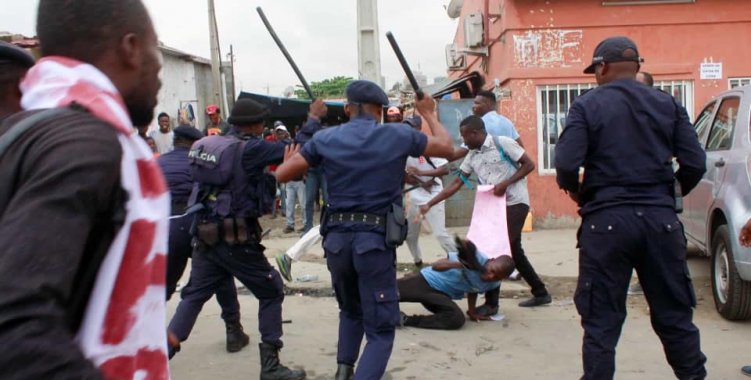The Non-Governmental Organization (NGO) therefore argues that the Angolan parliament "must substantially review or withdraw the proposed law", approved in a first vote on January 25th and which, after review by a specialized committee, will be submitted still for final approval by deputies.
"The proposed national security law would give the Angolan Government broad authority to unduly interfere with the media and civil society groups", warned HRW senior researcher for Africa Zenaida Machado.
The NGO states: "It gives Government security forces the authority to prohibit public or private radio stations from broadcasting and to interrupt some telecommunications services in 'exceptional circumstances', without a court order". However, the text does not specify "what these "exceptional circumstances" would constitute.
Human Rights Watch recalled that national and international human rights groups "have strongly criticized the proposed law", with the president of the Friends of Angola association, Florindo Chivucute, stating that it represents a long-term threat to Angolan democracy.
The national organization Mãos Livres, also mentioned in the HRW statement, expressed concern that the new law "promotes an authoritarian and repressive state", while the Committee to Protect Journalists warned that it could "seriously undermine press freedom, further exposing journalists to harassment, intimidation and censorship by authorities".
Human Rights Watch recalled that the executive has "repeatedly enacted repressive legislation" and that "the lack of provisions for judicial control in the proposed national security law opens the door for the Angolan Government to arbitrarily prosecute and criminally charge the media and civil society groups".
The Government of the President, João Lourenço, through the voice of the Minister of State, Francisco Pereira Furtado, defended the proposed law because it is a legal instrument that clarifies the positioning of structural bodies, allowing better functioning of the national security system and that comes to adapt to the national Constitution.
The National Union for the Total Independence of Angola (UNITA) considered the proposal dangerous, in the country's historical context, but abstained in the first vote, in which there were no votes against.







